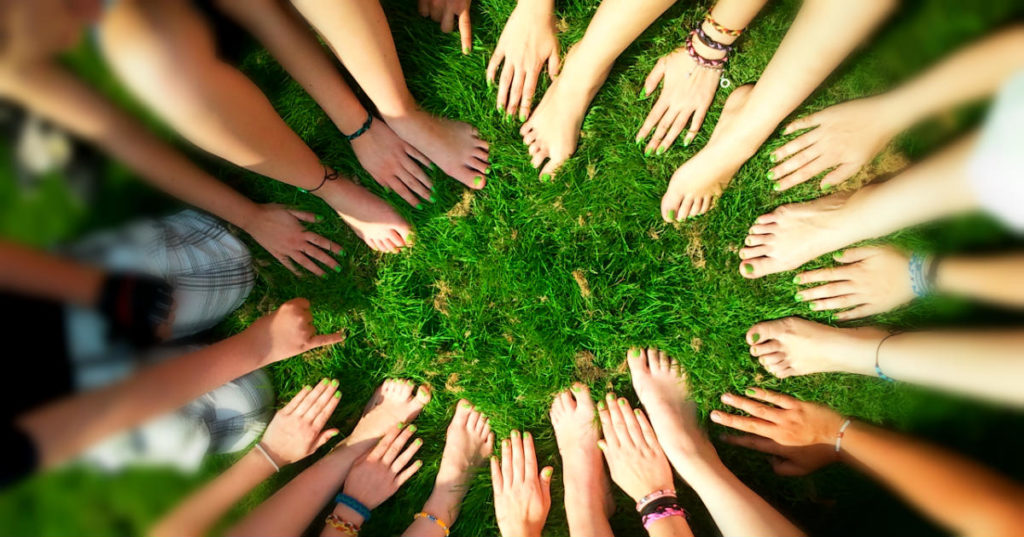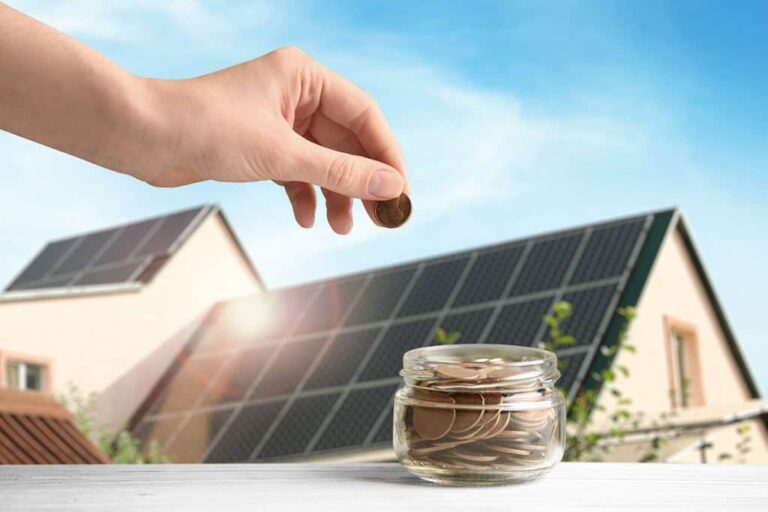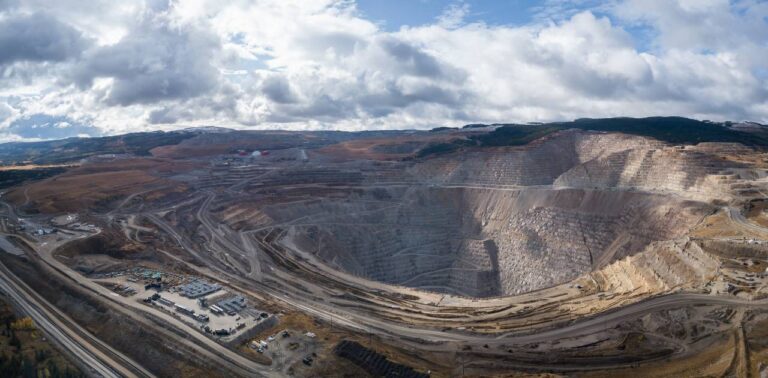Self-awareness and environmental awareness are deeply interconnected. When we know ourselves better and understand our actions, we are able to make more sustainable decisions, positively impacting both our lives and the environment. But how does this connection actually work? In this article, we will explore how self-awareness can drive sustainability practices and how 8 articles on self-knowledge and environmental awareness can help transform your life and the world around you.

The Importance of Self-Knowledge for Environmentalism
Self-awareness is the process of exploring who we are, our values, and the impact of our actions on the world. As High Performance Coach Luck explains: “Self-awareness is being aware of who you really are. Understanding at your core, what are your core characteristics that make you act the way you do and be who you are.”
This self-awareness not only improves our personal lives, but also helps us make more environmentally conscious decisions. For example, when we know how much our lifestyle affects the planet, we can change habits and choices that benefit both us and the ecosystem.
In view of this, the 8 articles on self-knowledge and environmental awareness from the Quero Evoluir channel offer a practical way to understand and apply this relationship between personal awareness and environmentalism. Below, we will see how this content can directly impact your daily life and your sustainable actions.

Sustainable Living: Personal and Environmental Balance
One of the points discussed in the first of the 8 articles on self-knowledge and environmental awareness It is how stress, anxiety and the accumulation of responsibilities distance us from conscious and sustainable choices. When we are overwhelmed, we tend to consume more, generate more waste and distance ourselves from sustainable practices.
This article proposes that by finding balance in our lives, we can make more conscious decisions that benefit both ourselves and the planet. Self-awareness plays a crucial role here, as it helps us identify the causes of stress and anxiety that lead to unconscious consumption. By seeking a more balanced life, with a focus on self-care and sustainability, we begin to disarm these mechanisms and reduce our environmental impact.
Recycling: How to Reduce, Reuse and Recycle Efficiently
Another aspect addressed in the 8 articles on self-knowledge and environmental awareness is the importance of understanding the life cycle of materials and how to recycle them efficiently. We often believe that recycling is the ultimate solution to waste, but this article highlights the need to reduce consumption and reuse materials before resorting to recycling.
Recycling should not be the first option, but rather the last step in a process that begins with reduction and reuse. By putting this into practice, you not only reduce waste, but also save energy and resources. Self-awareness helps us to be aware of our consumption habits and make more conscious choices to avoid unnecessary waste generation.
The Luxury of Detachment: A New Vision of Conscious Consumption
The third of the 8 articles on self-knowledge and environmental awareness offers us an innovative vision of conscious consumption. Instead of associating luxury with the accumulation of goods, the article suggests that true luxury lies in detachment. Adopting a more minimalist lifestyle, with less consumption and a focus on durable and environmentally friendly products, can be a form of luxury that benefits both the person and the planet.
This concept of sustainable luxury is directly linked to self-knowledge, because by letting go of material consumption, we connect more deeply with our values and what really matters. Living sustainably is not just about environmental impact, but also about living a simpler, more meaningful and balanced life.
The Wisdom of Recycling: Recycling is Transforming
In the fourth article of the 8 articles on self-knowledge and environmental awareness, we discuss the true meaning of recycling. Many people believe that recycling is simply about separating waste properly, but this article explores how recycling is actually a process of transformation.
When we recycle, we give new life to materials, saving resources and energy. Self-awareness comes into play by helping us understand the importance of our daily actions and how they contribute to preserving the environment. This article also offers practical tips on how to recycle more efficiently and how we can become more aware of the impact of our waste.
Think Globally, Act Locally: The Key to Sustainability
Another central point of the 8 articles on self-knowledge and environmental awareness is the idea of thinking globally but acting locally. While it is essential to be aware of global environmental issues, it is in our everyday lives that we can make the biggest difference.
This article encourages us to adopt sustainable practices at home, at work, and in our communities. Small changes, such as reducing our consumption of water, energy, and single-use plastics, can have a significant impact when multiplied across millions of people. Self-awareness helps us identify areas where we can improve and motivates us to make those changes, knowing that we are contributing to a more sustainable future.
Organic Food: How to Save Money and Be Sustainable
Organic food consumption is often seen as expensive and inaccessible. However, the sixth of 8 articles on self-knowledge and environmental awareness reveals that it is possible to save money by adopting a healthier and more sustainable diet.
This article offers practical tips on how to plan your shopping, avoid waste and make better use of food. It also teaches you how to find organic options at more affordable prices and how self-knowledge can help us make more conscious food choices, both for our health and for the environment.
Reduce, Reuse, Recycle: The Sustainability Cycle
The last of the 8 articles on self-knowledge and environmental awareness highlights the importance of embracing the full sustainability cycle: reduce, reuse, and finally recycle. This article explains how reducing consumption is the most important step, followed by reusing items whenever possible. Only after these possibilities have been exhausted should recycling be considered.
By applying self-awareness, you become more aware of your environmental impact and more committed to adopting practices that help preserve natural resources. Small changes in our habits can have a lasting impact, both on our well-being and the health of the planet.
Transforming Consciousness into Sustainable Action
You 8 articles on self-knowledge and environmental awareness The ideas presented here offer valuable insights into how self-awareness can help us adopt more sustainable practices in our lives. By better understanding who we are and how our actions affect the world around us, we become better empowered to make conscious and responsible choices.
In addition to the articles, we suggest you watch a special video that teaches 3 tips to reduce consumption and expand awareness for social actions. By applying the lessons from these 8 articles on self-knowledge and environmental awareness, you will be on the right path to living a more balanced and sustainable life, benefiting yourself and the planet.
Final conclusion: It’s not just about collecting knowledge, but about transforming that knowledge into applied wisdom. Expanding awareness is the first step towards a more sustainable future for all.
Check out other interesting facts about recycling clicking here.
Learn how to make art by recycling, Click here.



